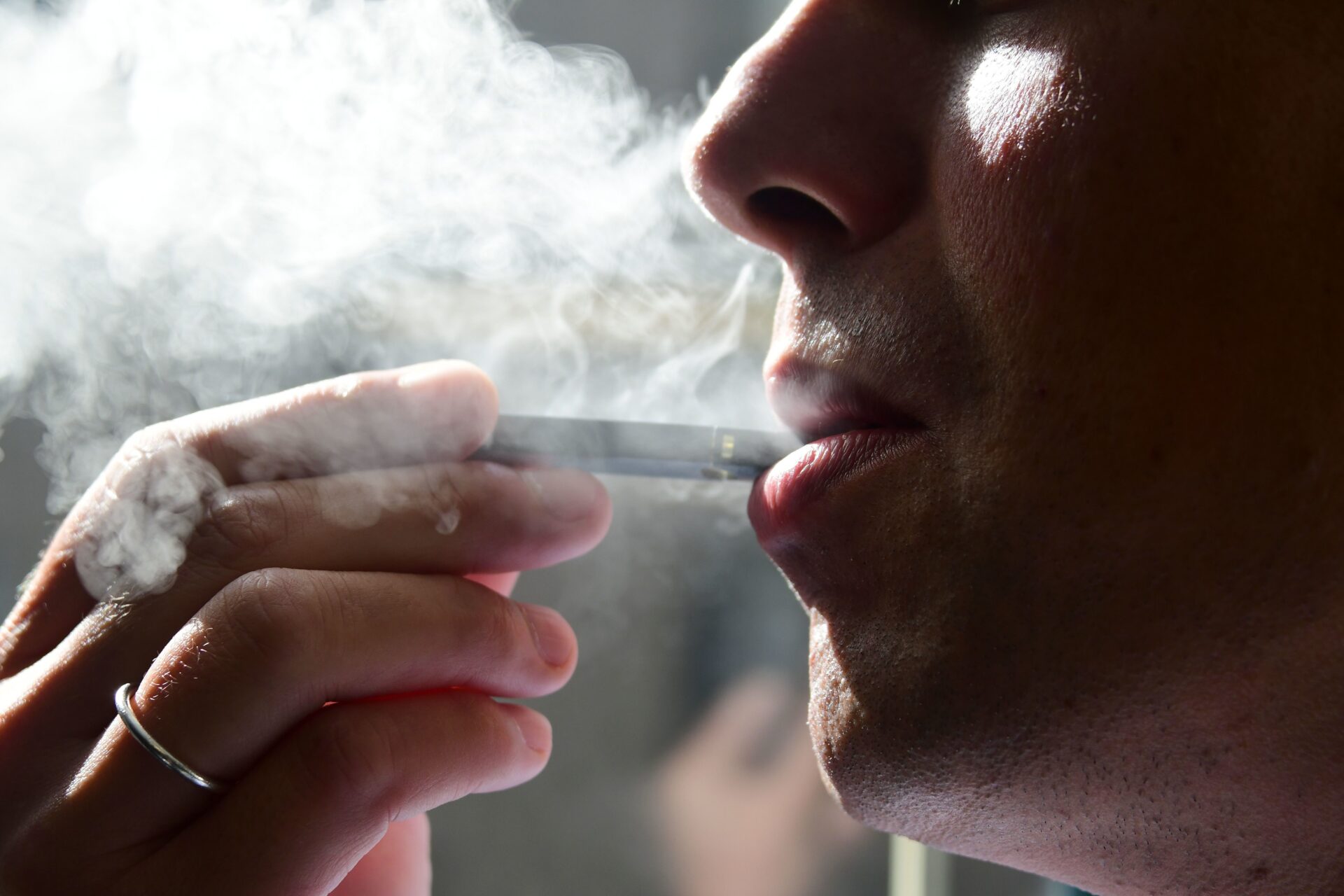West Virginia has the highest rate of smokers in the U.S. and tobacco use is the leading preventable cause of cancer and death from cancer in the state.
At least 21 percent of adults and 27 percent of high school students in the state use tobacco products, according to the American Lung Association’s most recent data.
Over the summer, tobacco prevention and cessation advocates met with lawmakers from both chambers in an attempt to amplify the state’s need for funding to curb West Virginia’s nation-leading smoking rates.
In a letter dated July 17, 2024, the West Virginia State Medical Association, the West Virginia Dental Association, the West Virginia Hospital Association and the American Cancer Society Cancer Action Network (ACS CAN), asked Gov. Jim Justice to include $4.5 million in tobacco prevention and cessation funding in his call for a special legislative session.
“We’re actually using a proposal for $4.5 million of additional funding, and that’s something that was endorsed by the governor’s [tobacco] task force back late last year,” Doug Hogan, the government relations director for ACS CAN in West Virginia, said. “It was presented in committee, and we feel that would be a very good first step in getting some additional funds for tobacco prevention here in the state.”
However, when the state’s second call for a special session of the year was announced, there was no mention of tobacco cessation funding.
Hogan said his organization delivered petitions to state officials with more than 900 signatures from West Virginians in all 55 counties, asking lawmakers to increase funding to West Virginia’s Division of Tobacco Prevention.
“Over the last several months, we have initiated several tactics trying to amplify the message that additional tobacco prevention funding is urgently needed here in West Virginia,” Hogan said.
Sen. Craig Blair, R-Berkeley, brought the petition to the Senate floor where it was referred to the Committee on Health and Human Resources.
West Virginia receives more than $232.6 million in tobacco revenue annually from tobacco settlement payments and taxes combined but invests less than one percent of that total, $451,000, in tobacco prevention and cessation programs.
“West Virginia ranks 50th in the country, dead last when you compare the amount of investment in tobacco prevention that West Virginia has compared to other states in the country,” Hogan said. “While West Virginia ranks dead last, 50th in the country, when you compare the investment level here to the investment of tobacco prevention programs in other states, West Virginia has, in return, the largest, the highest usage rates when it comes to children and also when it comes to adults.”
The Centers for Disease Control and Prevention recommends that West Virginia spend $24.7 million annually to combat the health and economic consequences of tobacco use.
Appalachia Health News is a project of West Virginia Public Broadcasting with support from Marshall Health.
